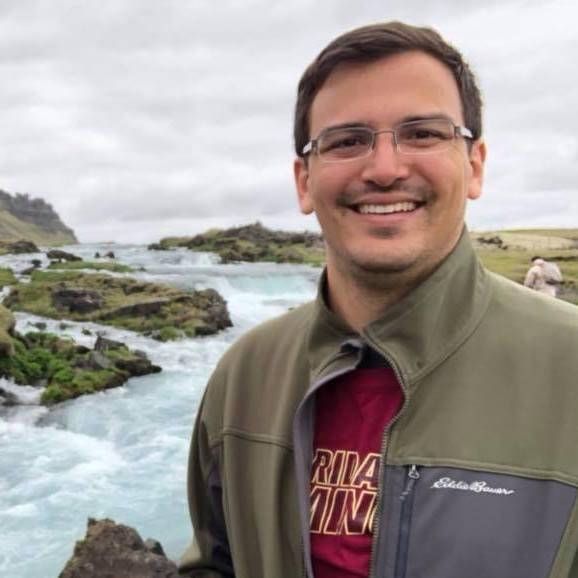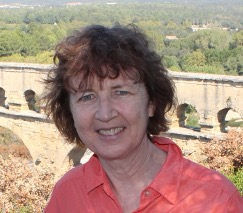
Title:
Graph Representation Learning for Network Generation, Optimization, and Verbalization
Seminar Day:
May 23, 2025
Presenter:
Liang Zhao
Associate Professor
Department of Computer Science
Emory University
Abstract:
Graphs are ubiquitous data structures that denote entities and their relations, such as social networks, citation graphs, and neural networks. The topology of graphs is discrete data, which prevents it from enjoying numerous mathematical and statistical tools that require structured data. Graph representation learning aims to map graphs to their vector representations without substantial information loss, hence paving a new pathway for solving graph problems without discrete algorithms. In this talk, we will first introduce our recent works on graph representation learning that can preserve graphs’ geometric information and properties. Then, we will exemplify several interesting research areas where their problem-solving benefits from our leveraging of graph representations. The first area is to solve graph optimization problems, such as influence maximization, source localization, etc., using continuous optimization over graph representations. The second area is to capture and predict deep learning models’ dynamics over data distribution drifts, where the graph representation of neural networks is learned to reflect their functional space. The third area is to investigate the correlation and difference of the two views of graphs in mathematical language and natural language, where the graph representation acts as their bridge, with the help of large language models.
Speaker:
Dr. Liang Zhao is an associate professor in the Department of Computer Science at Emory University. Before that, he was an assistant professor in the Department of Information Science and Technology and the Department of Computer Science at George Mason University. He obtained his PhD in 2016 from the Computer Science Department at the Virginia Polytechnic Institute and State University in the United States. His research interests include data mining and machine learning, with special interests in spatiotemporal and network data mining, deep learning on graphs, language and multimodal foundation models, distributed optimization, and interpretable machine learning. He won the National Science Foundation Career Award and the Middle-Career Award from the Institute of Electrical and Electronics Engineers Computer Society on Smart Computing. He also obtained many prestigious awards from industry, such as the Meta Research Award, Amazon Research Award, Cisco Faculty Research Award, and Jeffress Trust Award. He was recognized as one of the “Top 20 Rising Star in Data Mining”, by Microsoft Search in 2016. He has won several best paper awards and shortlists. He was recognized as a “Computing Innovative Fellow Mentor”, in 2021 by the Computing Research Association.




